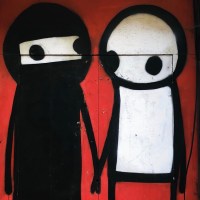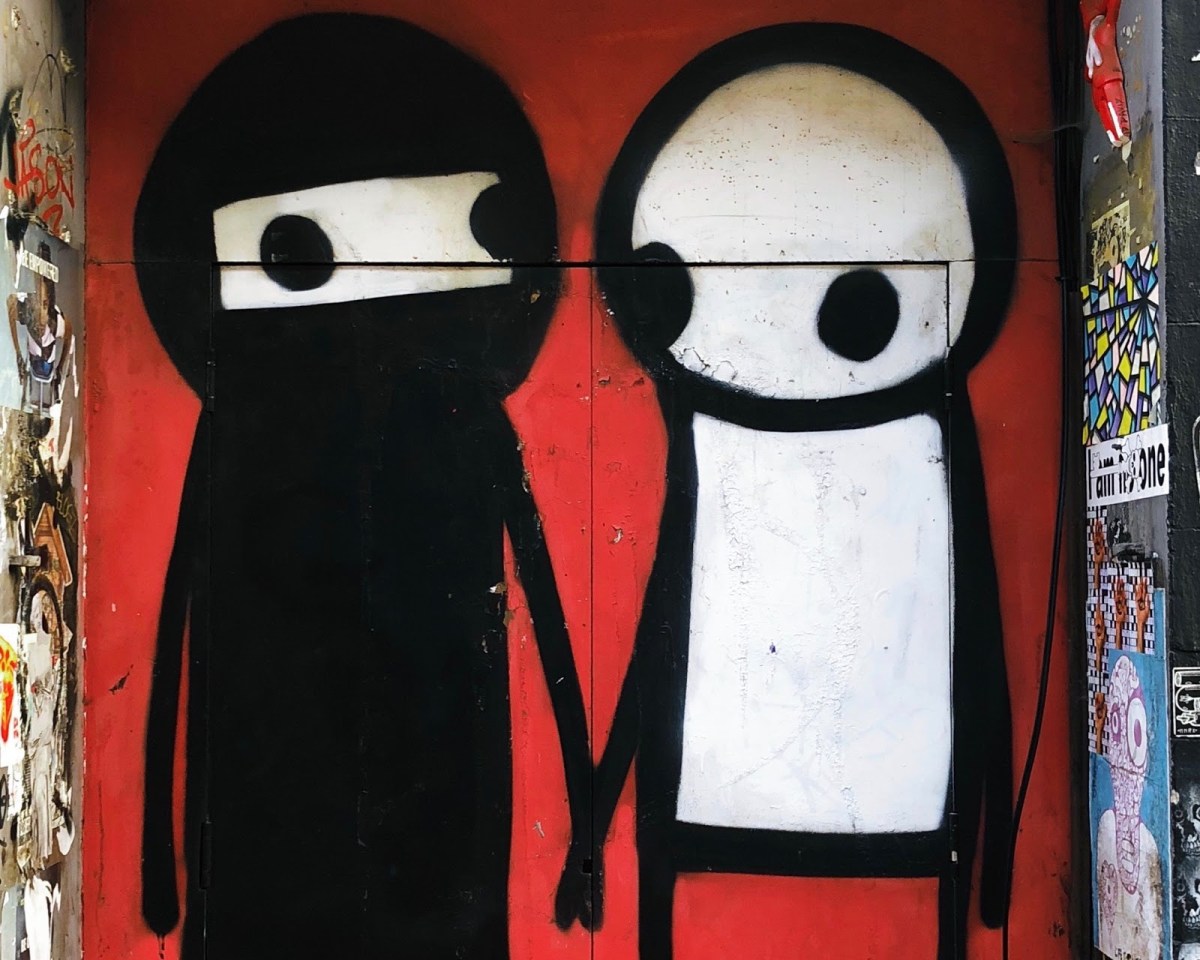Recently it was reported that hate crimes have increased in the US for the third year in a row. Hate crimes—actions motivated by prejudice taken against people—are higher than they’ve ever been, higher even than after 9/11, when crimes against Muslim-Americans rose sharply.
What’s more, a large amount of hate crimes aren’t included in this report, because of differentiation in state reporting and the fact that many targeted by hate crimes don’t always feel safe going to the police.
But we don’t need a report to confirm what we already know, what we’re already seen.
Tree of Life Synagogue. Kroger in Louisville. Pipe bombs in the mail. Prom-goers performing a Nazi salute. Rape. Assault. Slurs and threats at elementary schools. Harassment and violence against the LGBTQ community.
The list goes on, but for many in the US and the world, it isn’t a list. It’s daily existence. It’s the air they breathe, the prayers they speak, the skin they live in. They are daily confronted with discomfort, discrimination, injustice. In a world cracked open by so many dividing lines, they often find themselves on the “wrong” side, the other side, the marginalized side.
Today is International Day for Tolerance. It a worthwhile day, a reminder for us to lean in to differences, to peacemaking.
But tolerance falls way too short.
Related: Inclusivity is More Than Tolerance
Tolerance implies coexistence, but doesn’t necessarily call us to an actual effort to understand one another. It’s inert and passive. It doesn’t speak to injustice or call us to take a step toward someone. It doesn’t speak up or change.
It’s a step, but it’s not enough. We need inclusion. We need reconciliation. We need humility and apology. We need to elevate the voices of the marginalized in our communities and have the courage to really listen, to validate their experiences. We need to be willing to see our own contribution to the brokenness, the hate, the depravity.
How do we start?
With small steps. With recognizing our own biases and the way words create hate. With taking hard steps to reach out to someone different—not to change them or self-aggrandize, but to listen, to learn, to make space for a new voice in our lives. It’s speaking up when we see prejudice, injustice, and hate. It’s being an advocate for others, for our world.
It’s not easy. It’s messy and uncomfortable and unsettling. But let’s lean in. Push forward. This is the way our world is remade: when everyone has a voice, has a place to be heard and known and valued. That is the more beautiful world.


